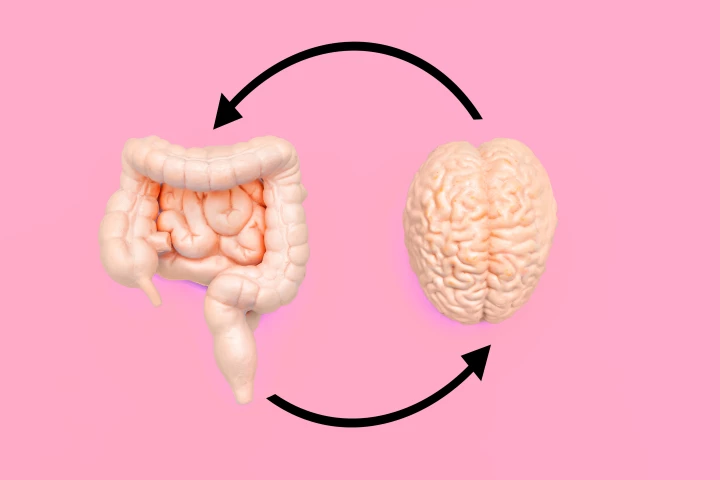Gut Bacteria
-
A new study published in Nature Microbiology has reported a naturally occurring family of bacterial species in the human gut that can absorb and break down toxic, long-lasting "forever chemicals" and carry them out as waste through feces.
-
Alternating between a calorie-restricted plan and one high in fat and sugar, resulting in weight gain, is not just down to psychology and behavior. This kind of weight-loss-gain cycle – yo-yo dieting – has a surprising biological driver: The gut.
-
A small daily dose of kombucha made from black tea has been shown to meaningfully reshape the gut microbiome in adults – particularly those with obesity – without any dietary changes. It also reveals a lot about the importance of micro-biodiversity.
-
A new study has found that diet-driven weight gain triggers impaired cognitive functioning an symptoms of anxiety, adding to the growing body of evidence that there's an intrinsic biological link between our gut health and our mental health.
-
A large-scale human clinical trials is currently underway testing a wild idea. Can fecal transplants reduce a person's cravings for alcohol by altering their microbiome? Early studies are indicating this could be possible.
-
A new AI model can predict the likelihood of premature death from inflammatory bowel disease, with 95% accuracy. This is good news – by looking beyond the gut for early treatment of other chronic illnesses can greatly reduce the early mortality rate.
-
There could be new hope for people afflicted with the skin-discoloring disease, vitiligo. A new treatment reportedly works great on mice with the malady, and it utilizes a natural substance produced by beneficial gut bacteria.
-
We all know that a balanced diet made up of unprocessed foods is a recipe for gut health, but scientists have now found just how one nutrient – fiber – can trigger a microbiotic chain reaction that shields the body from influenza and other viruses.
-
Beneficial bacteria occupy specific regions in the gut, contributing to our health via the microbiome. A new study has identified the genes that good bacteria use to colonize these regions, opening the door to creating engineered probiotics.
-
In one of the most amusing citizen science projects we've ever seen, Australia's top research agency is asking its citizens to hit the gas and flag their flatulence in hilarious detail over three days, tracking toots on the Chart Your Fart app. Superb.
-
Gut bacteria that have been disrupted in infancy can lead to greater aggression later in life, including causing changes to aggression-related genes, according to a new study. It warrants further research into the link between the gut and brain.
-
You might soon be buying anti-aging skincare products containing fish guts, thanks to a new study that found that the innards of two species of seabream possess compounds that fight wrinkles and age spots.
Load More











